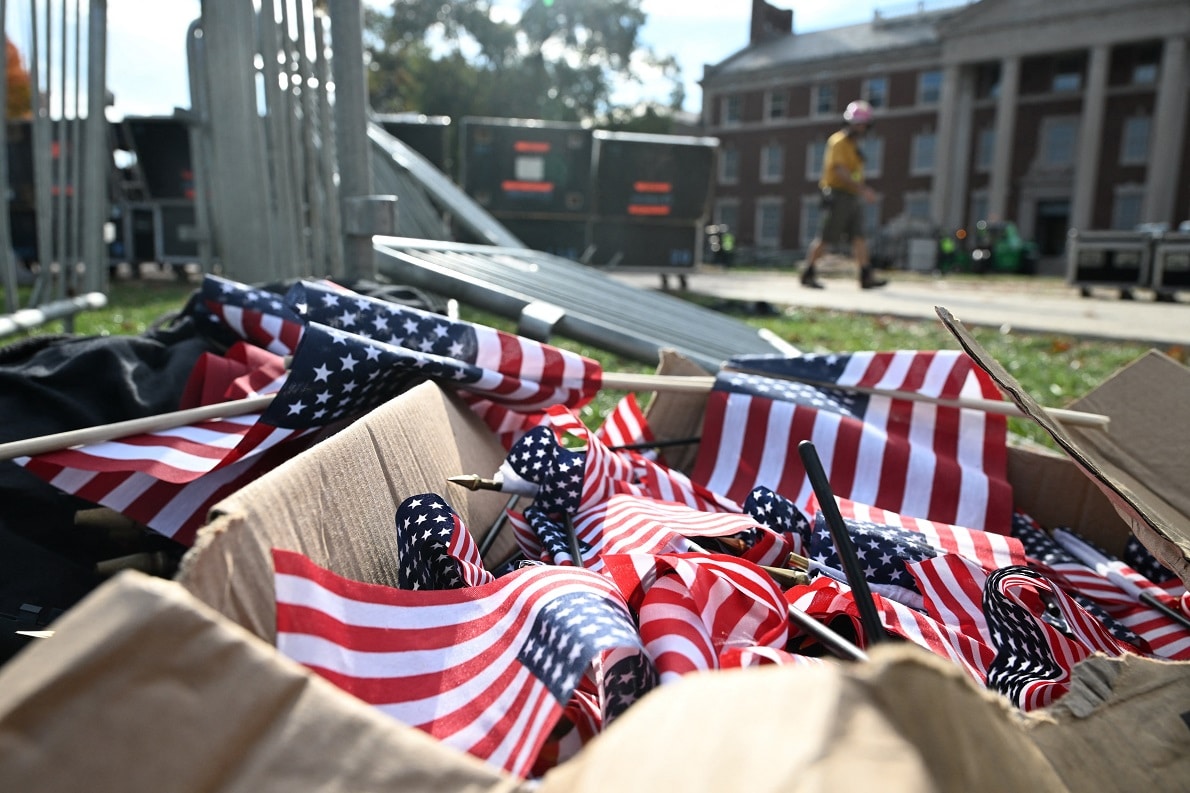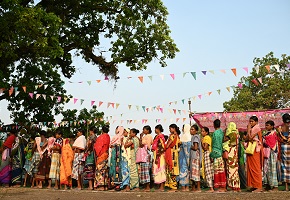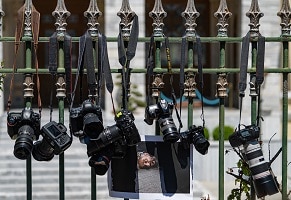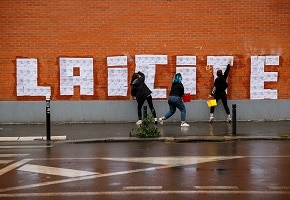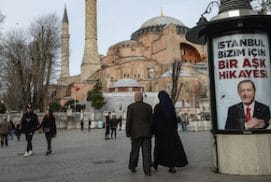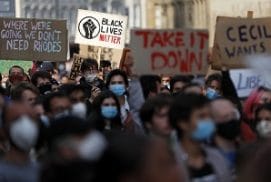Trump’s reelection personified a profound sense of disempowerment and disenfranchisement among many Americans. The constitutional patriotism that once anchored the nation’s cultural fabric is eroding, leaving citizens feeling that the boundaries of belonging no longer provide the support or cohesion they need. This void has been filled by inflammatory rhetoric and the scapegoating of migrants and minorities, reducing public discourse to a cacophony of accusations. What steps can the Left take to address these demands directly? Is there a path for populism to find a home on the Left, or has the idea of solidarity been irrevocably claimed by an ethnonationalist movement?
Dossiers
- Across Europe, far-right parties are gaining ground like never before since World War II, reshaping political landscapes and cultural narratives. From coalition governments to influential parliamentary blocs, their rise reflects deep-seated shifts in societal dynamics. What factors have fueled this surge? How have traditional parties and evolving cultural identities contributed to the far right’s growing appeal? What does it mean for Europe’s future? This dossier delves into the complex dynamics behind the far right’s ascent and the challenges it presents to European democracy.
- India’s general elections kick off today and will be held in phases through June 1, with results to be announced on June 4. Despite a decade-long erosion of rights and the hollowing out of democratic institutions, most polls predict a victory for Prime Minister Narendra Modi and his Hindu nationalist Bharatiya Janata Party for a third consecutive five-year term. What does an India heading to the polls look like in 2024? How has ten years of BJP rule shaped the world’s largest democracy?
- Where does the current crisis come from, and can there be any political solution? Five world-renowned post-Sovietic geopolitics scholars and journalists respond in this Dossier derived from the recent Reset DOC roundtable: José Casanova, Andrea Graziosi, Nataliya Gumeniuk, Alexander Motyl and Frank Sysyn.
- America’s embarassing retreat from its “longest war” in Afghanistan has damaged so heavily its international credibility, that the questions being asked this month by world governments – as well as non-State actors and movements – may well redefine their strategies for years to come. Here’s a first comparative glance.
- Coping with pressure and repression; seeking new models to keep free journalism, and democracy, alive. A special Dossier.
- The terrorist murder of French professor Samuel Paty in the Paris suburb of Conflans-Sainte-Honorine in autumn 2020 has re-opened a heated debate concerning the liberty of teaching, freedom of expression, and the role of secularism in a pluralist society. What is the specific nature of French laïcité, and how has it changed over time since its juridical establishment in 1905? How does it compare with other Western approaches to secularism and, most critically, with Muslim perspectives on the matter? Why has this provoked a diplomatic dispute between France and Turkey, and more broadly the boycott of French products in many Muslim countries?
- As the Black Lives Matter protests have rocked the US and much of the West over 2020, the fight against public traces of an unforgotten era of North-South domination has gained the center of the battleground in public debate – at least for a few months. A push that adds pressure and calls to serious reflection many Western cultural institutions, and one type of them most importantly: ethnographic museums. From Paris to Geneva, from Tervuren to Berlin or Milan, all “museums of civilizations” – as they are now increasingly known – have been grappling for years with issues such as restitution, contextualization, ownership and a complete rethinking of their own mission. This Dossier looks at this very challenge, one in which questions and pressures are far more clear than answers. Together with a piece outlining in detail what is at stake, readers will ‘hear’ voices, and experiences, on the matter from Europe as well as Africa.
- A week after the “re-inauguration” of Hagia Sophia as a mosque, diplomacies are still struggling to understand the full implications of the shocking and yet largely expected choice by Recep Tayyip Erdogan’s government. But beyond the radars of the international attention, the move and its internal welcoming confirm the uncontented grip he continues to have on Turkey, driving it towards an increasingly nationalist, anti-modern path. In this Dossier, we explore the rationale behind those choices, the implications for regional affairs, as well as those on religious pluralism worldwide. For policy-makers on both sides of the Atlantic, there is much to care about, and some dire practical recommendations to take into account.
- Today’s world and tomorrow’s America don’t look the same as they did one month ago. If that is the case, socially and politically, it is not just because of the “revolutionary” power of the Covid-19 pandemic, which has demonstrated its ability to disrupt well-established political leaderships, but also because of a different, human-moved force of change: the global anti-racist revolt which has followed George Floyd’s murder. How will it impact on the US, four months short of a crucial election, and the world? A kaleidoscope of stories, voices and perspectives in this special ResetDoc Dossier.
- What happens when closed borders become the norm? After the pandemic, will they be back as a defining feature of 21st century life?


